From global brands such as Dyson and Procter & Gamble to local companies making inclusive fashion or turning plastic waste into road material, many manufacturers are carrying out research and development (R&D) for innovative products in Singapore.
What do car keys, SK-II skincare and Magnolia high-protein milk have in common?
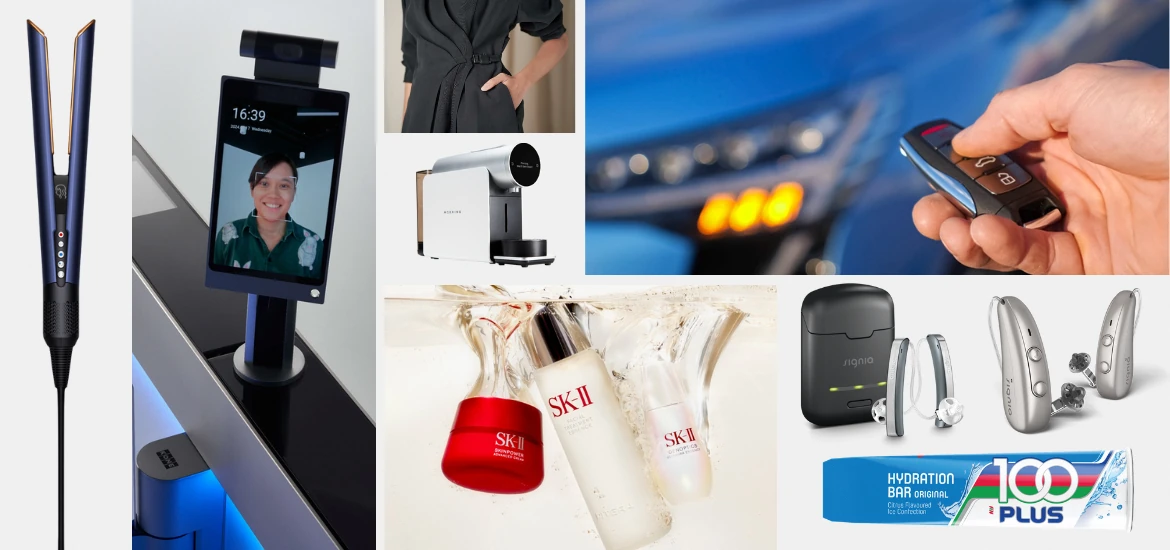
From global brands such as Dyson and Procter & Gamble to local companies making inclusive fashion or turning plastic waste into road material, many manufacturers are carrying out research and development (R&D) for innovative products in Singapore.
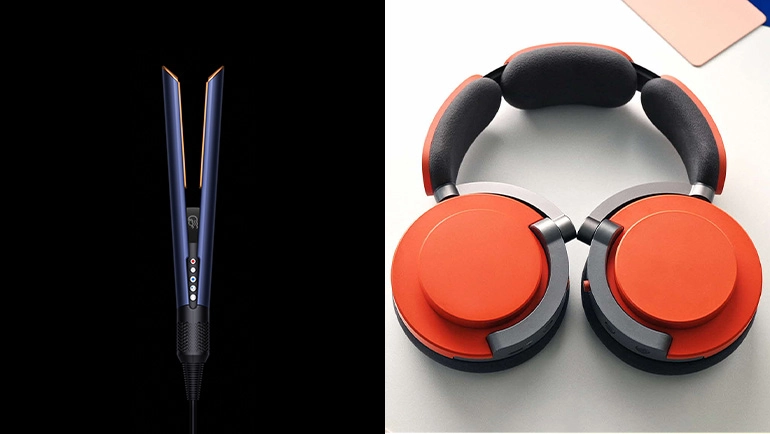
Unlike conventional hair straighteners that use hot plates, the Dyson Airstrait uses high-pressure “blades” of air to dry and style hair without heat damage. The Dyson OnTrac headphones, meanwhile, feature high-fidelity audio, noise cancellation, and customisable colour combinations.
Engineers in Singapore helped to develop both products at Dyson’s global headquarters at St James Power Station. Opened in 2022, the building contains 18 research labs, exploring everything from software and machine learning to robotics, sensing, and vision systems.
Dyson entered Singapore in 2004, producing the special motor for its vacuum cleaners, and opened its first office here in 2007, helping to take projects from the design stage to manufacturing. Today, Dyson has more than 1,920 employees in Singapore, including 845 engineers and scientists.
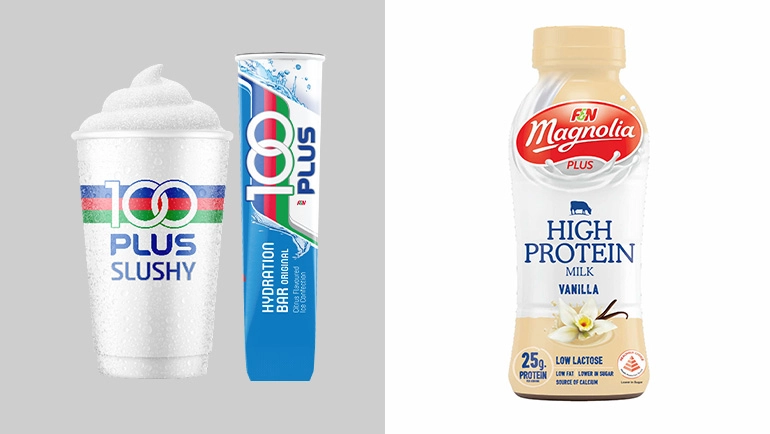
Magnolia milk and 100Plus drinks are commonly seen in supermarkets, but Singaporeans may not know that some of these are developed here too. Both brands come under SGX-listed consumer giant Fraser and Neave (F&N), founded here over a century ago.
Its F&N Magnolia brand milk was first produced at a dairy farm at Chestnut Drive in 1937. Manufacturing has since moved elsewhere, but Singapore remains home to R&D for products such as F&N Magnolia High Protein Milk, created together with Singapore Sports Institute.
The 100Plus isotonic drink has also taken various new forms, including the 100Plus Isotonic Slushy, developed to mitigate heat stress.
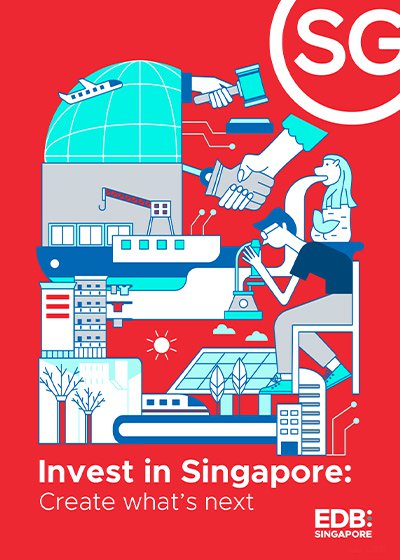
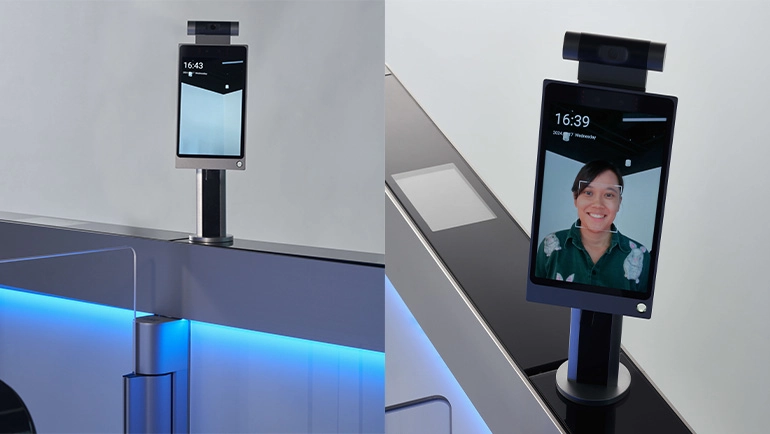
By integrating facial recognition technology into turnstiles at building entrances, Kone helps clients cut costs by removing the need for other forms of authentication.
This simply requires a hardware retrofit of the turnstiles, regardless of the specific facial recognition security systems used.
Kone sited one of its three global innovation hubs in Singapore in 2020, and began work on this project in 2022. Live trials were carried out in office buildings here, before the biometric access solution was launched in 2023. It now hopes to take this made-in-Singapore innovation regional.
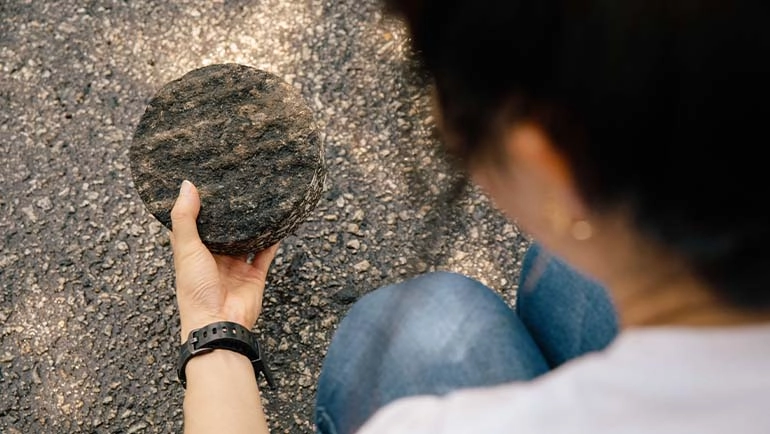
Roads are traditionally paved using bitumen, derived from crude oil. But deep-tech startup Magorium took the road less travelled by looking for an alternative: turning plastic waste into road-paving material, dubbed NewBitumen.
Research began in 2014. Magorium made a breakthrough in 2019, when it could process even contaminated and unsorted waste plastics. The material was used to pave the company’s first “eco-road” in a Tuas factory – and there are now more than 10 eco-roads across the island.
Magorium hopes NewBitumen will reduce reliance on bitumen in Singapore – and eventually neighbouring countries too.
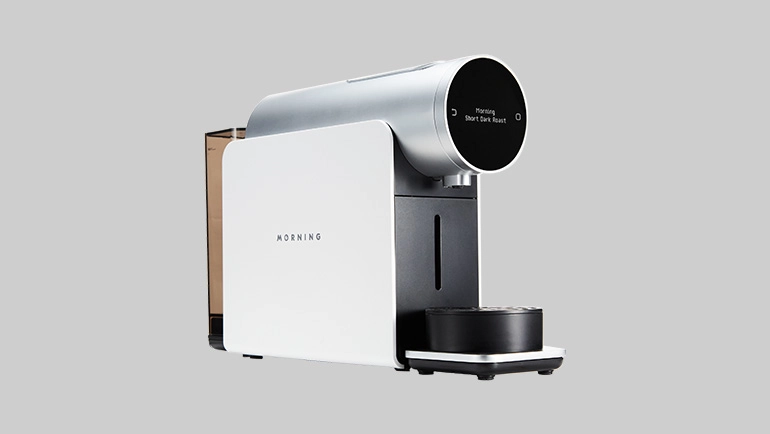
Even capsule coffee can be customised with The Morning Machine, which makes it easy for users to have a cafe-worthy cuppa at home.
The machine incorporates precision-brewing features from professional coffee equipment. Using its accompanying mobile app, users can control the three key brewing parameters of temperature, pressure and volume, resulting in different tastes and textures of their morning brew.
The coffee maker was launched on Kickstarter in 2020 after two years of development, with more than 10,000 units sold worldwide so far.
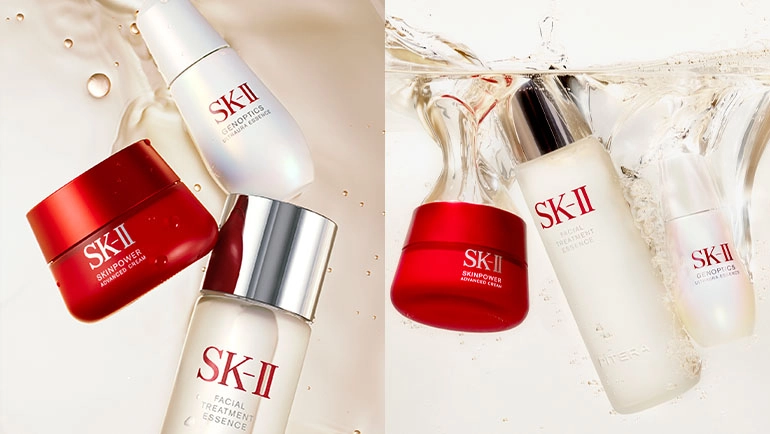
Many Singaporeans use products from global skincare brand SK-II, but few might know that formulation, packaging, and development innovation for this brand is led out of Singapore.
SK-II is one of many brands under consumer goods giant Procter & Gamble (P&G), which began conducting R&D in Singapore in the early 2000s. Such efforts were then expanded with the official launch of the P&G Singapore Innovation Center in 2014.
Of some 500 scientists and engineers here, more than half are Singaporean. The centre’s capabilities range from consumer research and prototyping to formulation, process development, packaging, fragrance design, and more.

Unlocking a car today requires just the push of a button – and Systems on Silicon Manufacturing Company (SSMC) is key to enabling this.
The Singapore-based semiconductor fabrication company is a joint venture between two chip giants – TSMC from Taiwan and NXP Semiconductors from the Netherlands. In 1994, NXP developed the electronic immobiliser, a security device that prevents a car from running unless activated by a car key with the right RFID transponder.
Since 2000, NXP has worked with SSMC to develop new technologies for smarter car keys, such as hands-free unlocking, push-button start, and car theft protection with auto-arming and disarming.
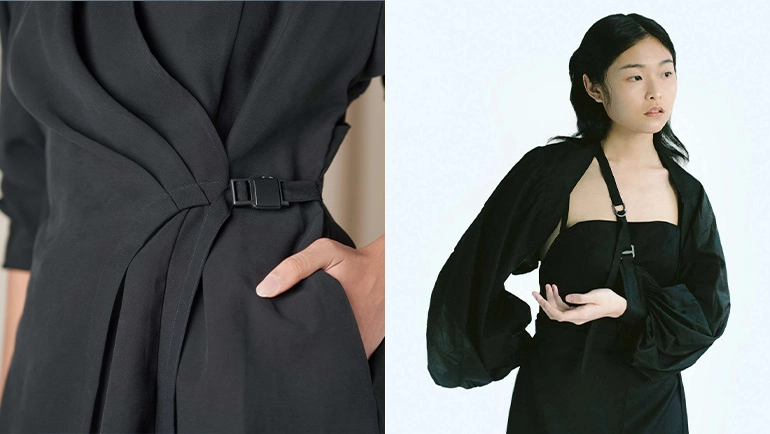
From a bolero with sleeves that can turn into arm slings, to a wrap shirt that can be put on single-handedly thanks to a magnetic buckle, home-grown adaptive clothing label Werable wants to show that functional clothing can still be stylish.
Werable is a portmanteau for “we are able”, capturing the ideas of both wearability and empowerment. Its easy-to-wear clothes provide solutions for those with reduced mobility, such as stroke survivors. Claudia Poh founded the brand after graduating from a design school in New York, where she first encountered adaptive fashion.
Hearing aids: Signia Pure Charge&Go IX, Rexton Rugged, Signia Styletto
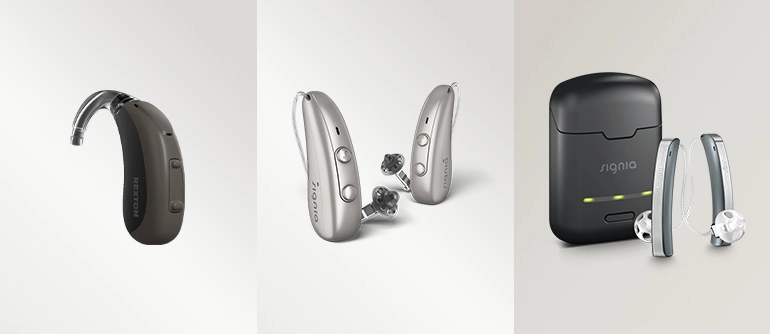
In 1986, European hearing-aid maker Rexton opened a manufacturing facility here. Decades – and mergers and acquisitions – later, Singapore is a major R&D hub for the company, now known as WS Audiology. Facilities here include prototyping and verification labs, design-to-cost and automation capabilities, materials engineering, and hardware architecture.
Singapore teams helped to develop the Signia Pure Charge&Go IX, a hearing aid that uses software to identify and focus on individual speakers, to help users more easily keep up with group conversations.
Also developed in Singapore was the Rexton Rugged, which can be used in everything from heavy rain to hazardous environments such as chemical-production facilities.
Source: The Business Times © SPH Media Limited. Permission required for reproduction.